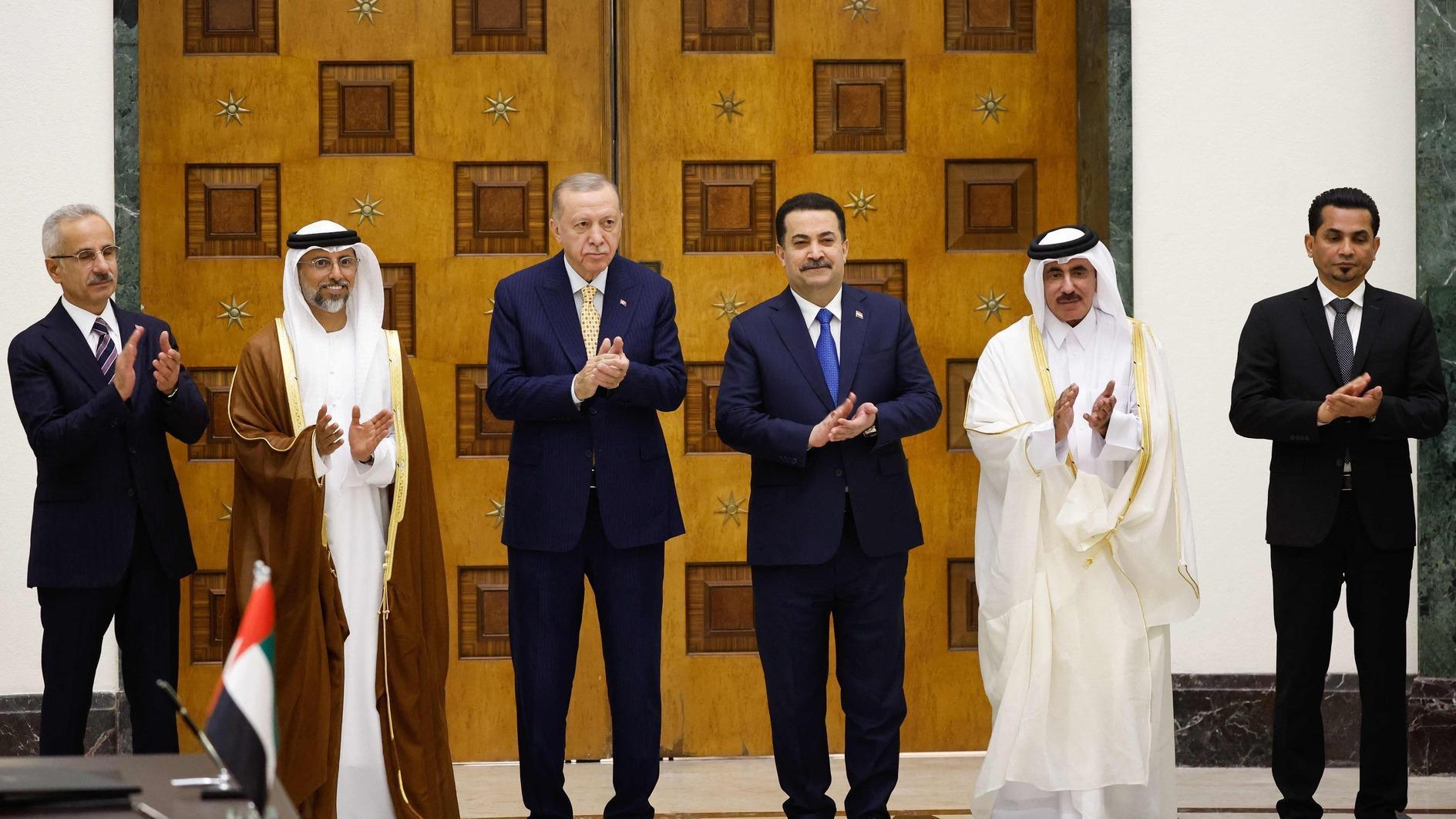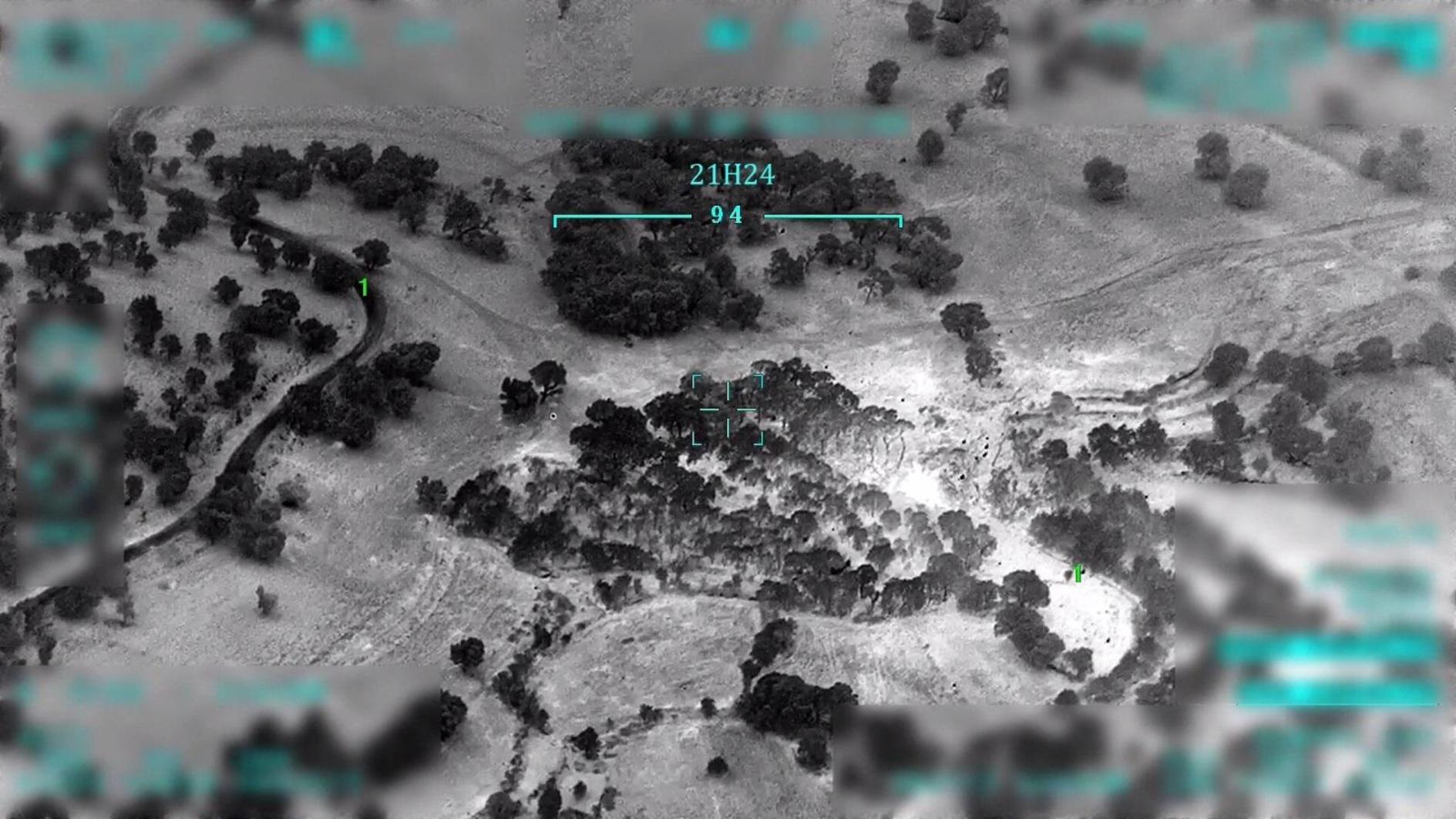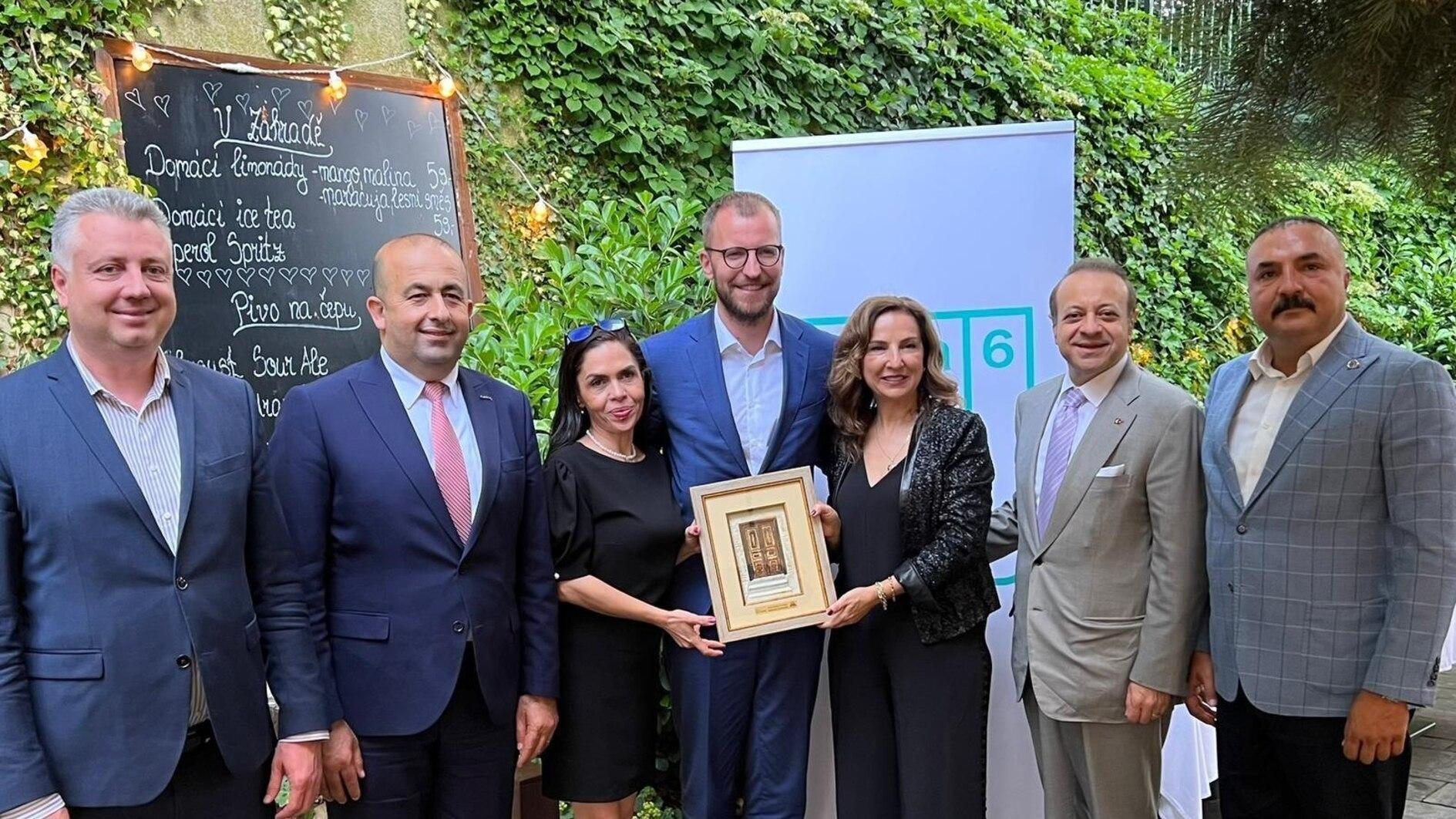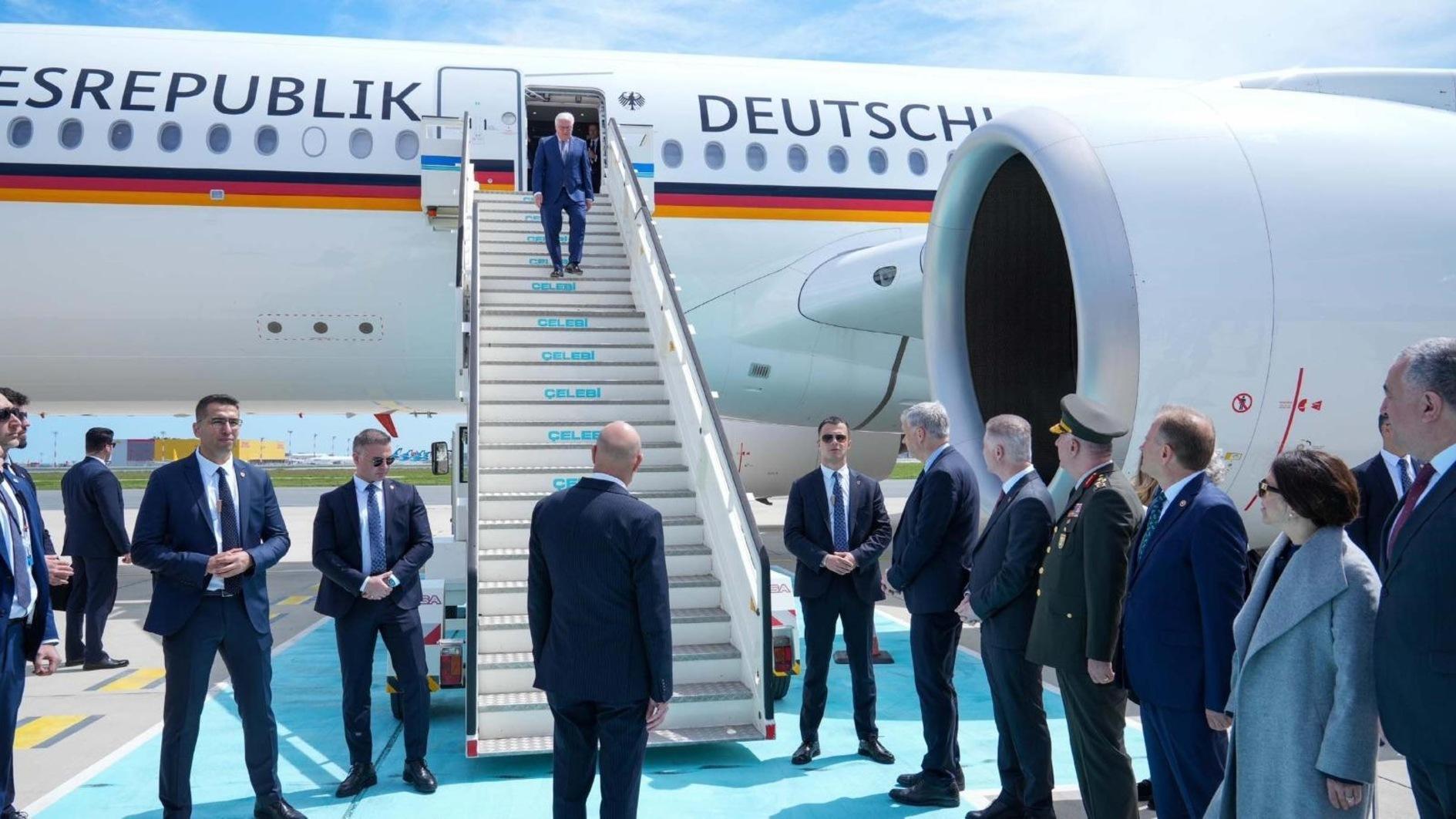Obama cannot risk Turkey and Erdoğan knows that
The stance of the Barack Obama administration regarding Syria, Iraq and the fight against the Islamic State of Iraq and Levant (ISIL) is likely to change following the Nov. 4 midterm elections in the U.S.
Under pressure from the Republicans, Obama might be forced to take a more active military stance in the greater Middle East. It is hard to tell from today whether that will go as far as “boots on the ground,” but keeping in mind distant memories of the Iran-hostages crisis fiasco over 30 years ago under Jimmy Carter under similar circumstances, there is reason to be worried. Now the stage is not Iran, but Iraq, and perhaps Syria.
Here are the actors on the stage:
* The Iraqi government, which cannot maintain control over all four corners of its country. The north has been left de facto to the Kurdistan Regional Government (KRG) for many years now. KRG leader Masoud Barzani recently sent a symbolic military force to the Syrian town of Kobane (Ayn al-Arab), which has been under ISIL attacks for over a month, to support the Kurdish resistance there, with the permission of the Turkish government to use its territory. The predominantly Sunni Arab-populated central and western parts of Iraq are now all practically under ISIL control. The Shiite south is under the control of the Haider al-Abadi government in Baghdad, but reportedly the balances are different in practice. Media reports suggest that Nouri al-Maliki, the former prime minister, now Abadi’s deputy, is really the one in charge, while behind closed doors, Qasem Sulaimani, the commander of the Special Forces (The Qods Brigades) of the Iranian Revolutionary Guards, is holding the ropes.
* In Syria, Bashar al-Assad is in control of only the predominantly Alevi/Nusayri populated western part of the country (From the Mediterranean Sea shore to the interior). In the north there are pockets under the control of the Democratic Union Party (PYD), which is in line with the Turkey-origin outlawed Kurdistan Workers’ Party (PKK), and there are pockets under the control of ISIL, like almost all of the eastern border (with Iraq) and central parts of the country. There are also regions that are held by either the Free Syrian Army (FSA) or the al-Qaeda-affiliated al-Nusra Front. Turkey wants the ouster of the al-Assad regime, which it sees as the root all of (recent) evil in the region, but neither Iran (also because of its proximity to Lebanon) nor Russia (which has a military base in Tartus, Syria) agree with this.
* Israel is in the proximity too. For Israeli Prime Minister Binyamin Netanyahu, al-Assad is the devil he knows when compared with the possibility of a radical Islamist government if he is toppled. Additionally, Israel is worried that Iran’s rising role in the fight against ISIL puts it on the same front as the U.S. and puts its own priority, the nuclear program of Iran, in a secondary position.
* Russia also sees Syria a battleground to counter U.S.-led Western efforts since the failed Arab Spring, especially at a time when there are serious tensions in Ukraine and the Baltic states. For Moscow, Syria is part of a small-scale Cold War with the U.S. and the European Union.
Turkey is sandwiched between those two theaters of that small-scale Cold War: Ukraine in the north and Syria in the south. Plus, there is the Kurdish issue and the situation’s negative effects on the Turkish government’s dialogue initiative with the PKK in pursuit of a political settlement. On top of all this, Turkey has borders with both Syria and Iraq totaling nearly 1,300 kilometers.
Turkey is a NATO member country holding an important water way, the beautiful Bosphorus between the Russia-dominated Black Sea and the warm waters of the Mediterranean, the İncirlik main operating base, and the early warning radars of the U.S.-led NATO project of the global Missile Shield project.
It is true that are a number of discrepancies between President Tayyip Erdoğan and President Obama and there are endless U.S. press reports about how Erdoğan runs the country in an increasingly single-handed manner (including the new $615 million-worth presidential palace, much higher than the worst estimates of the New York Times), the state of court independence, the freedom of the media, and the ongoing row with U.S. Vice President Joe Biden over his “apology” (which he has denied despite an earlier White House statement). However, it is not likely that Obama can risk sacrificing the military support from Turkey for his regional projects; and Erdoğan is making his moves in full knowledge of that.











